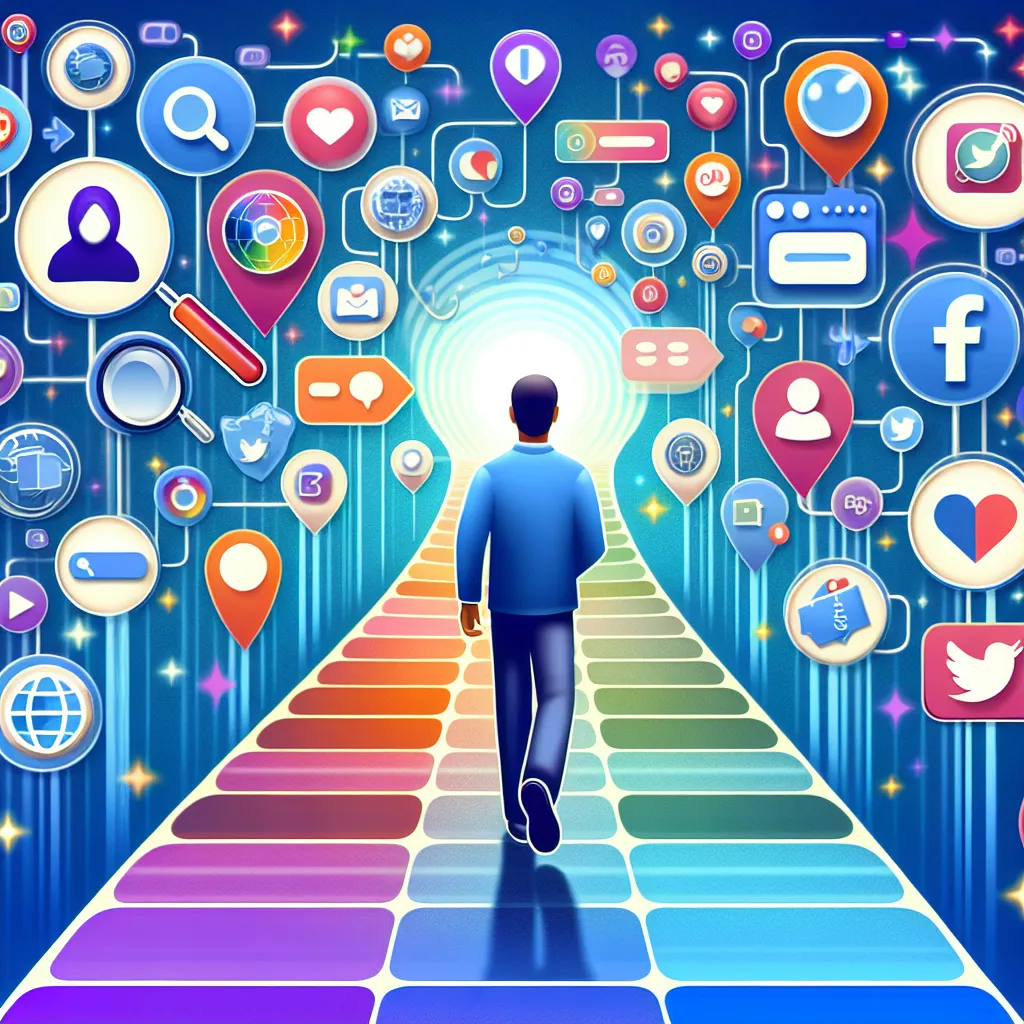Ask AI on The Internet
The CAN-SPAM Act is a law in the United States that sets the rules for commercial email, establishes requirements for commercial messages, gives recipients the right to have businesses stop emailing them, and spells out tough penalties for violations. CAN-SPAM stands for Controlling the Assault of Non-Solicited Pornography And Marketing. It was signed into law by President George W. Bush in 2003. Here are some key points about the CAN-SPAM Act: 1. Prohibits false or misleading header information: The "From," "To," and "Reply-To," and routing information must be accurate and identify the person or business who initiated the message. 2. Requires a subject line that accurately reflects the content of the email. 3. Requires a valid physical postal address in the email. 4. Prohibits deceptive subject lines: The subject line must not mislead the recipient about the contents or subject matter of the message. 5. Requires that commercial email be identified as an advertisement and include a notice of the recipient's right to opt out of receiving more commercial email from the sender. 6. Requires that the sender provide a return email address or another Internet-based response mechanism that allows a recipient to ask the sender not to send future email messages to that email address, and honor opt-out requests promptly. Violation of the CAN-SPAM Act can lead to hefty fines. The law allows for criminal penalties, including imprisonment, for some severe violations.
A new large language model has been made available since this question was asked.
To generate an updated answer from the new model, click the button below.
Think your answer is better than the AI's? Post it below.
Other Most Relevant Posts:
 Ask AI: What is CAM software?
Customer-Architecture Methods
Computer-Aided Manufacturing
Client-Advisor Meetings
Computer-Association Material
Ask AI: What is CAM software?
Customer-Architecture Methods
Computer-Aided Manufacturing
Client-Advisor Meetings
Computer-Association Material
 Ask AI: Is there a law about online retailers websites with pricing errors canceling orders and claiming the item was out of stock after realizing the error?
Ask AI: Is there a law about online retailers websites with pricing errors canceling orders and claiming the item was out of stock after realizing the error?
 Navigating Handling Regulations in Botswana: Legislation, Policies, and Guidelines Explained with Scholarly Insights
Navigating Handling Regulations in Botswana: Legislation, Policies, and Guidelines Explained with Scholarly Insights
Question Tags
If you want your question answered by an AI, click here.




Post your own comment: